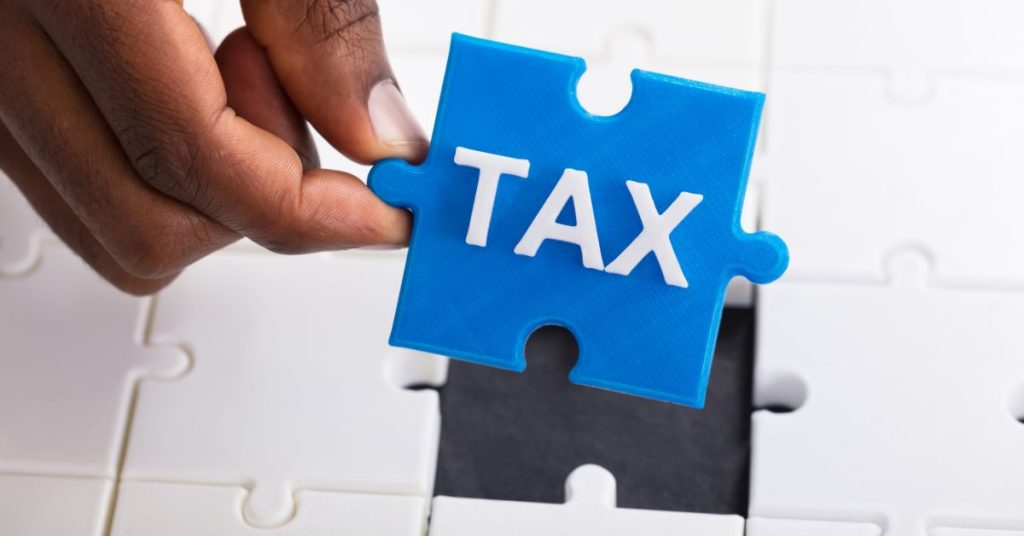Several Misconceptions Regarding Business Tax Deductions
The government introduced the Research & Development (R&D) Tax Credit Scheme in April 2016. This allows eligible businesses to claim tax relief against their corporation tax liability. However, there are plenty of myths surrounding the scheme, including some that could put businesses off claiming it altogether. Here we debunk five of the most common misconceptions around the R&D Tax Credit Scheme.
1. You must spend £250k per annum on research and development.
There is no cap on the amount of money you can claim back, however, the Government does set a threshold for what qualifies as qualifying expenditure. If your total annual expenditure on research and development exceeds £25,000, you won’t be able to benefit from the scheme.
2. All businesses can apply for the R&D Tax Credits Scheme.
If you run a small business, a sole trader or partnership firm, you may not qualify for the scheme. In addition, certain types of businesses such as charities, social enterprises and cooperatives cannot apply.
3. You can only claim R&D Tax Credits once every 5 years.
This isn’t true. You can claim R&D Tax Relief up to three times within a rolling 5 year period.

R&D Is Limited to the Development of New Products or Services.
The definition of research and development (R&D) varies depending on whom you ask. Some say it refers to activities that lead to the creation of new products or services; others say it only applies to developing new things. Even among those who agree on the basics, there are still disagreements about what exactly constitutes R&D.
One thing everyone agrees on is that R&D can apply across a wide range of industries. For example, some companies use R&D to develop better ways to make existing products or improve processes used to produce goods. Other businesses focus on R&D to develop entirely new products or services.
A new product doesn’t necessarily mean a new product. In fact, many times, improvements to existing products qualify as R&D. Take, for instance, the case of Apple Inc.’s iPad Pro tablet computer. While the device itself is new, it represents an upgrade over previous versions of the iPad.
In addition, some companies use R & D to develop new ideas or concepts that never become actual products. This includes everything from prototypes and models to concept drawings and even mockups.
To make a claim, the R&D needs to have worked.
In recent times, there has been much talk about the importance of research and development (R&D). In fact, many companies are now spending huge amounts of money on R&D. However, some of these investments don’t necessarily lead to success. This is because R&D requires lots of resources and time. It takes months, even years, to develop a product. And once developed, it must go through a rigorous testing process. So, if the whole R&D effort fails, you could end up wasting millions of dollars.
But what happens if your R&D efforts fail? Can you still claim for the expenses? Yes, you can.
If the whole R&D initiative does not work out, you can still claim against tax. You do not need to wait till the project ends. All you need to show is that the R&D had been successful. For example, if you spend £1 million on R&D and find that it did not yield any positive results, you can still claim £500,000 against income tax.
You can also claim for any R&D expenditure that went into creating products. For instance, if you spent £100,000 on developing a new product, you can claim for the full amount. But remember, you cannot claim for any costs incurred during the design stage.
To be eligible, you have to spend a certain amount on R&D.
The UK government announced plans to scrap the Research & Development Tax Credit (R&DTC), saying it does not work effectively. The move follows a review into the credit, which was introduced in 2012, and came into effect in 2013. The R&DTC allows businesses to claim up to £250,000 of income tax relief for qualifying research and development activities. However, critics say the scheme is too complicated and doesn’t encourage enough innovation.
In a statement published today, the Chancellor of the Exchequer, Philip Hammond, said: “We are scrapping the R&DTC because we think it is unfair that some firms benefit from a tax break while others do not. We want to make sure everyone pays their fair share of taxes.”
However, the Treasury says the scheme is working well overall. A spokesperson told Business Insider: “The R&DTC has been very successful in encouraging investment in innovative products and services, helping to support growth and jobs across the economy.”
A report commissioned by the Treasury found that the R&DTC has helped boost economic activity and employment. The study, carried out by Oxford Economics, concluded that the introduction of the R&DTC in 2012 led to a 0.7% increase in gross domestic product (GDP).
The report added that the scheme has also boosted employment levels. The analysis showed that there were 4,500 additional full-time equivalent roles in the UK as a result of the R&D tax credit.
But despite the positive findings, many experts agree that the R&D tax breaks aren’t doing what they set out to achieve.
Andrew Tully, director of policy at techUK, told BI: “While the R&DTC is a good idea in principle, in practice it fails to deliver the intended benefits. There are plenty of examples where large multinationals have used the R&DTC to avoid paying corporation tax, and small businesses find it difficult to access the funding they need to innovate.
You can only make a claim when you send in your annual taxes.
The R&D Tax Credit scheme allows eligible businesses to claim back up to £150,000 per annum against their income tax liability. This includes qualifying expenditure incurred during the previous calendar year. However, claiming for R&D expenses is different to claiming for other forms of expenditure such as marketing and administration costs.
Claiming for R&D can help you reduce your taxable profits, and therefore increase your overall tax bill. But it’s important to note that you must claim for R&D expenses within three months of the end of the accounting period in which they occurred.
Frequently Asked Questions
How do business deductions affect taxes in UK
In order to claim any tax relief on certain costs incurred by running a business, these costs need to be treated as “business expenses”. These expenses may include things such as rent, rates, insurance, utilities, wages, salaries, marketing, advertising, etc. However, if you are claiming back some of these costs then they should not be included in calculating taxable income. If you have deducted them from your taxable income then you will only pay tax on what remains after deducting those costs.
What expenses are not tax-deductible for a business in UK
1. Renting office space
You cannot deduct any rent paid for rented office space if you do not use the space yourself. You may only claim deductions for the actual amount of rent you pay. If you have a separate room set aside for work purposes, then you can claim a deduction for the cost of heating, lighting, and maintenance of the premises.
2. Rental equipment
If you own rental equipment (such as computers, printers, photocopiers, fax machines, etc.) that you use at home or at work, you can claim a deduction based on their fair market value. However, you cannot claim a deduction for items such as furniture, carpets, curtains, or wall coverings.
3. Travel costs
Travel expenses incurred while carrying out your trade or business are deductible. These include travel between your place of residence and your place of work, as well as travel between different places where you carry out your trade or business.
4. Meals and entertainment
Meals and entertainment are generally considered personal expenses. Therefore, they are not deductible unless they meet certain requirements. Generally speaking, meals and entertainment are deductible if they are provided either as a reward for services rendered or as compensation for services performed. Entertainment expenses are also deductible if they are related to your job.
5. Business gifts
Business gifts are generally non-taxable. There are some exceptions, however. If you give someone a gift as a token of appreciation for a service he or she has done for you, then the recipient’s receipt of the gift is taxable income. Additionally, if you receive a gift from a client or customer, you should report the transaction as income.
6. Advertising
Advertising is not deductible. However, advertising expenditures are included in the calculation of your total advertising expense under section 280E of the Internal Revenue Code.
7. Legal fees
Legal fees are not deductible.






